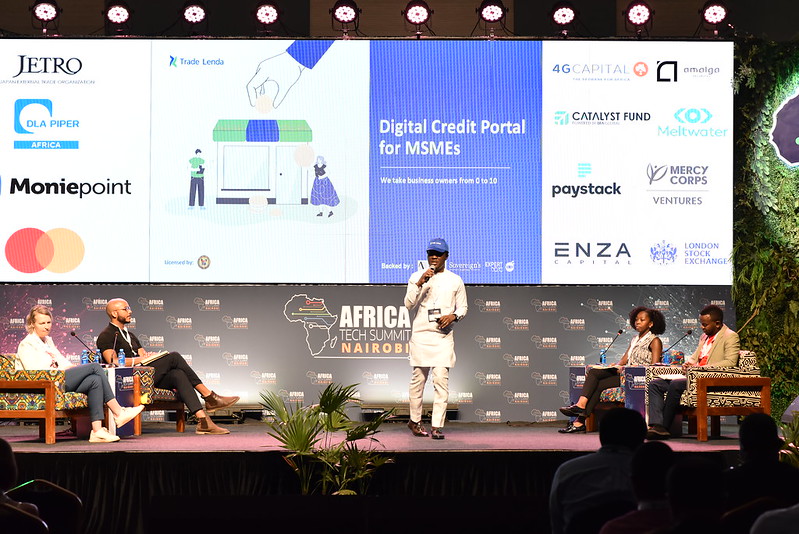Nigeria’s tech scene is firing on all cylinders. Over the last three years, African startups have seen a 240 percent increase in investment—and Nigerian companies are capturing the lion’s share of that growth, new data shows.
According to Africa: The Big Deal, a continent-wide funding tracker, January 2025 closed as the second‑best January for startup financing since 2019. Nigerian ventures in fintech, agritech, healthtech, e‑commerce, edtech, and logistics raised more than $262 million in equity alone—up sharply from January 2024’s $85 million.
Fintech: Powering Digital Payments
Nigeria’s fintech leaders continue to shine. Flutterwave, the payments unicorn, and Paystack—now part of Stripe—drew fresh rounds of backing on the strength of their cross‑border payment platforms. With roughly 40 percent of Nigerians still unbanked and smartphone usage climbing, investors see huge upside in mobile wallets and digital banking.
Agritech: Harvesting Innovation
Farms and technology are coming together in startups like Farmcrowdy and Hello Tractor. By linking smallholders to finance, mechanization, and market data, these companies are boosting yields and incomes—critical in a country where agriculture still employs nearly 35 percent of the workforce.
Healthtech: Closing the Care Gap
The pandemic accelerated demand for remote health solutions. Firms such as 54gene, which is building Africa’s first genomics database, and Helium Health, offering digital records to clinics, tapped into that urgency. As public hospitals struggle with overcrowding and underfunding, healthtech entrepreneurs are stepping in to fill the void.
E‑commerce and Logistics: From Click to Doorstep
Online shopping giants Jumia and Konga continue to expand, but they’re no longer alone. Logistics platforms like Lori Systems and Max.ng have attracted new capital to solve Nigeria’s delivery challenges. By optimizing freight routes and motorcycle couriers, these startups promise faster, more reliable service in cities notorious for traffic gridlock.
Edtech: Teaching a New Generation
Education technology is another bright spot. uLesson’s video‑based lessons and Andela’s global developer training programs both saw fresh funding as parents and students sought flexible, high‑quality learning outside traditional classrooms.
Industry insiders say Nigeria’s startup appeal comes down to scale and momentum. “We have the continent’s largest population, a growing middle class, and a government that’s finally removing barriers to digital business,” notes Davidson Oturu of Nubia Capital. He predicts that 2025 will see even more selective investment—backers will zero in on companies with proven growth, clear paths to profitability, and solutions to everyday problems.
Meanwhile, across Africa, other big deals are unfolding. PowerGen secured more than $50 million for off‑grid renewable energy projects, LemFi raised $53 million to expand its fintech services to Asia and Europe, and Naked Insuretech closed a $38 million Series B to automate insurance in Nigeria and beyond.
For Nigeria’s entrepreneurs, the message is clear: the world is watching, capital is flowing, and the next wave of home‑grown success stories is just getting started.

